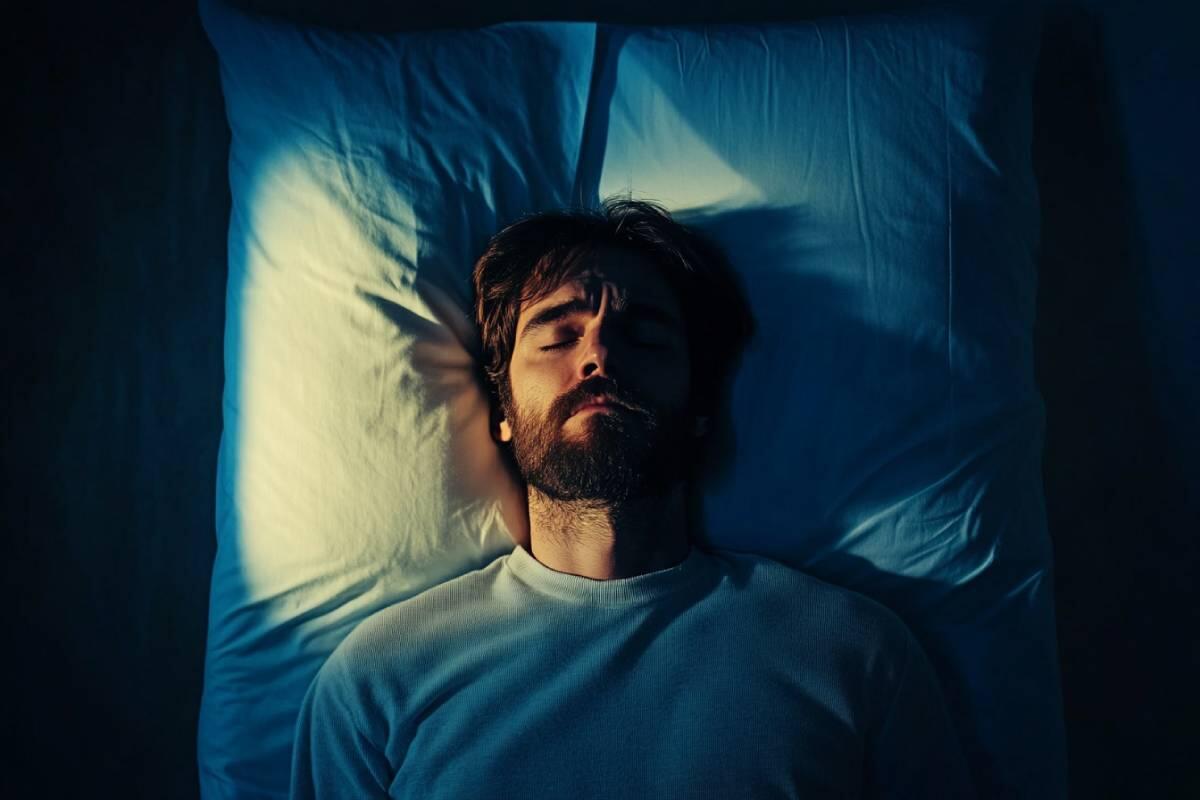Sleep: Are You Getting Enough Rest?
Sleep is as essential to survival as eating, drinking, and breathing. Yet, it is often neglected in the rush of modern life.
According to neuroscientist and sleep expert Matthew Walker, author of the book Why We Sleep, sleep deprivation has devastating consequences for our physical, mental, and emotional health. So, are you getting enough rest?
In this article, we explore the importance of sleep, the dangers of chronic deprivation, and what science says about sleeping better and living more fully.
The Importance of Sleep for Health
Sleep is a fundamental pillar of health. Matthew Walker describes sleep as the "best free healthcare system" we have, as it affects every area of the body. During sleep, the brain and body perform essential repairs and regeneration processes that directly impact:
Memory and Learning
- The REM phase is crucial for consolidating memories and learning new skills.
- Sleeping after studying improves retention; sleep deprivation impairs memory.
Immune System
- During sleep, the body produces cytokines that fight infections and inflammation.
- Sleeping less than seven hours reduces immunity and increases disease risk.
Cardiovascular Health
- Sleep deprivation raises blood pressure and the risk of heart disease.
- Even one night of poor sleep negatively affects the cardiovascular system.
Mental Health
- Lack of sleep affects mood and increases the risk of anxiety and depression.
- Insomnia is both a cause and a symptom of mental disorders.
What Does Science Say About the Ideal Amount of Sleep?
Walker states that adults should sleep between seven and nine hours per night to function optimally.
According to the WHO, four out of ten people do not get quality sleep, which characterizes a chronic sleep deficit.
Effects of Sleep Deprivation
Walker highlights that even a slight reduction in sleep can cause:
- 20% slower reaction time, increasing accident risk.
- 30% reduction in cognitive performance, impairing decision-making.
- Hormonal changes, such as weight gain and increased risk of type 2 diabetes.
- Increased risk of Alzheimer’s, cancer, and premature death.
Sleep and Productivity
Many believe that sleeping less leads to higher productivity. This is a myth.
- Sleeping less reduces cognitive efficiency, causing more mistakes and less creativity.
- Companies like Google and NASA observed increased productivity when promoting rest.
Sleep Quality Matters As Much As Quantity
Sleep occurs in cycles (light, deep, and REM), and each phase plays a unique role in overall well-being.
Factors That Harm Sleep Quality
- Blue light exposure: Reduces melatonin and disrupts sleep.
- Caffeine and alcohol: Negatively affect restorative sleep stages.
- Irregular sleep schedules: Disrupt the biological clock and increase disease risk.
- Stress and anxiety: Interfere with relaxation and make it harder to fall asleep.
How to Improve Sleep Quality
Establish a Sleep Routine
- Going to bed and waking up at the same time regulates your biological clock.
Avoid Artificial Light at Night
- Turn off screens at least 1 hour before bed and use soft lighting.
Create a Sleep-Friendly Environment
- A dark, quiet, and cool room promotes restful sleep.
Practice Sleep Hygiene
- Avoid heavy meals and caffeine at night. Prefer calming herbal teas.
Consider Sleep Therapy
- CBT-I (Cognitive Behavioral Therapy for Insomnia) is effective and drug-free.
Sleep and Longevity
Walker emphasizes that good sleep is not a luxury, but prevention against chronic disease.
Sleeping less than 7 hours regularly increases the risk of early death.
"Catching up on sleep over the weekend" does not undo accumulated damage. Consistency is key.
Conclusion
Sleep is essential to a healthy life. Neglecting rest puts your physical, mental, and emotional health at risk.
Good sleep is an investment in longevity.
So, are you getting enough sleep? If not, maybe it’s time to rethink your habits.
